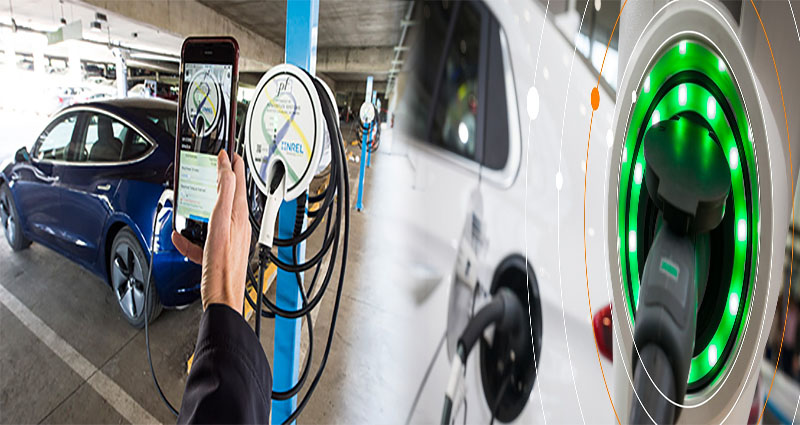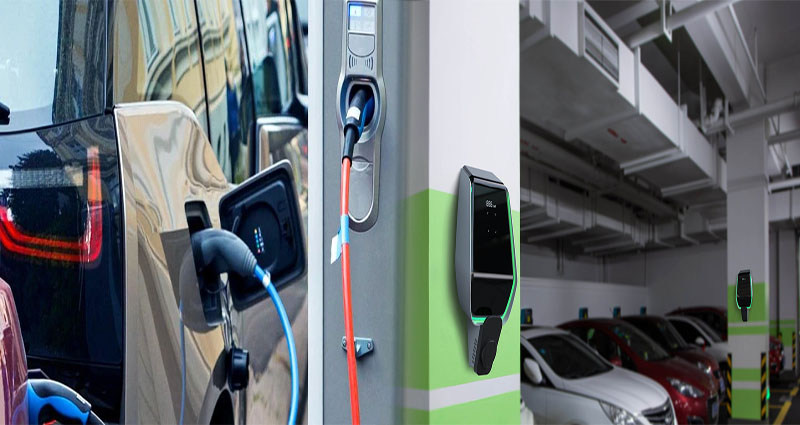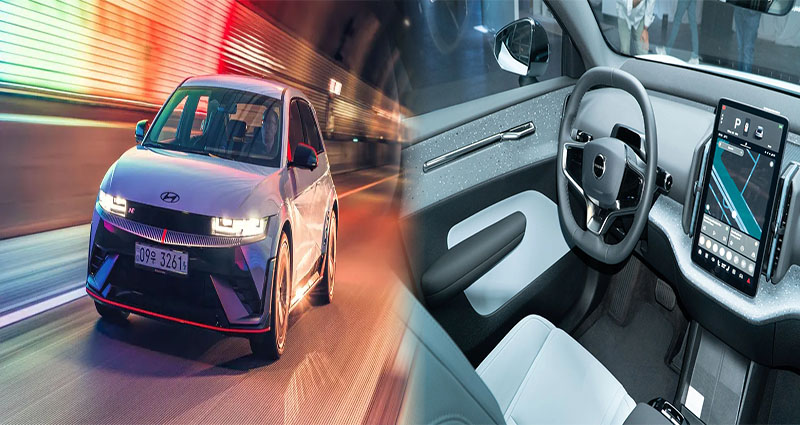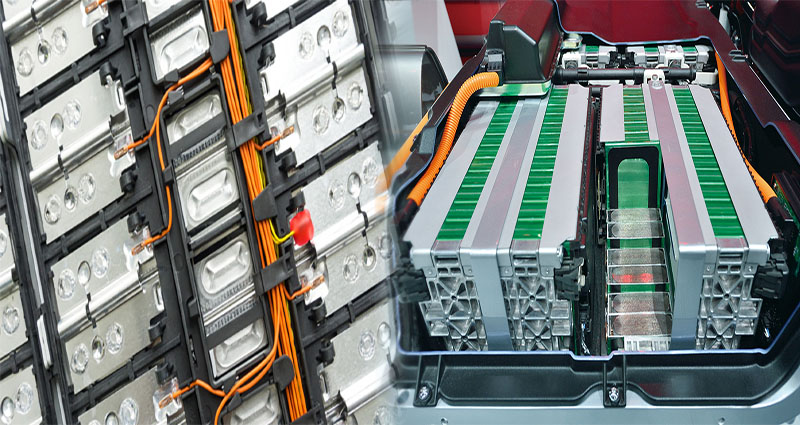Analyzing the Impact of Government Policies on Electric Vehicle Adoption
As the world continues its shift towards sustainable and environmentally friendly alternatives, electric vehicles (EVs) have emerged as an increasingly popular transportation option. However, the widespread adoption of electric vehicles remains a complex challenge, influenced by multiple factors, including government policies. The policies put in place by national and local governments can significantly impact the adoption of electric vehicles. Let’s delve into the various ways in which government policies impact electric vehicle adoption.
Incentivizing Electric Vehicle Purchases
One of the most significant ways that governments impact electric vehicle adoption is by offering incentives to encourage EV purchases. These incentives can take various forms, such as tax credits, rebates, and reduced registration fees for electric vehicles. Government incentives can significantly reduce the upfront cost of purchasing an EV, making them more financially accessible and appealing to consumers. Incentives have proven to be effective, with countries that offer such policies having higher … Read More ...













